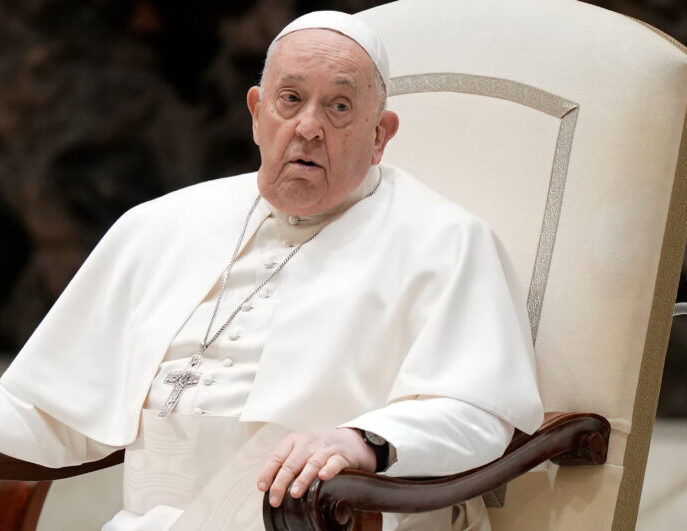
Published January 26, 2024
We need to speak with moral clarity about the commodification of human bodies through surrogacy
Once again, Pope Francis has found himself in the news for his outspoken remarks on sex and gender issues. This time, however, it has been to take a conservative stand that evangelicals should celebrate: calling for a universal global ban on the despicable practice of surrogacy, or “uterus renting” as he has elsewhere called it. Observing that surrogacy represents a form of human trafficking and a “commercialization” of pregnancy, he described it as “a grave violation of the dignity of the woman and the child, based on the exploitation of situations of the mother’s material needs.”
The issue is a hot-button one in Italy, which has long banned surrogacy but turned a blind eye to the increasingly common practice of Italian couples (usually gay couples) renting the wombs of surrogate mothers in the United States to bear their children. Italy’s new conservative government under Giorgia Meloni has cracked down harshly on this practice, ordering municipalities not to certify foreign birth certificates of children born through surrogacy. At the same time, however, already-liberal surrogacy laws in the United States are becoming even more permissive in many places, with the Michigan House, in one of the few states to ban the practice, recently voting to legalize commercial surrogacy.
This highlights a disturbing irony: why is it that an otherwise-progressive pope should be more principled and outspoken than many conservative evangelicals on this crucial life issue? Why is it that European countries, which we are accustomed to think of as much more liberal, should be much more conservative on the whole than most U.S. states?
Click here to continue reading.
Brad Littlejohn, Ph.D., is a Fellow in EPPC’s Evangelicals in Civic Life Program, where his work focuses on helping public leaders understand the intellectual and historical foundations of our current breakdown of public trust, social cohesion, and sound governance. His research investigates shifting understandings of the nature of freedom and authority, and how a more full-orbed conception of freedom, rooted in the Christian tradition, can inform policy that respects both the dignity of the individual and the urgency of the common good. He also serves as President of the Davenant Institute.










